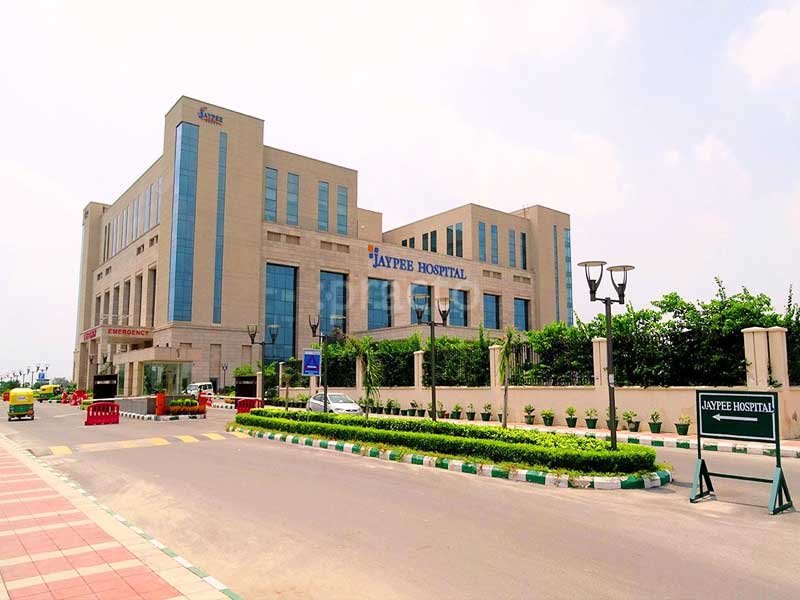What is HEPATOLOGY?
Hepatology is the specialised medical branch that is concerned with the study, diagnosis, prevention and treatment of disorders related essentially to the liver. But besides the liver, hepatology also provides treatment for disorders of other organs like the gallbladder, pancreas, bile ducts etc.
Common Diseases in Hepatology:
- Hepatitis: Hepatitis is a disease that is caused due to infections. But unlike common infections, hepatitis is significantly long-term and can lead to other
Read More
What is HEPATOLOGY?
Hepatology is the specialised medical branch that is concerned with the study, diagnosis, prevention and treatment of disorders related essentially to the liver. But besides the liver, hepatology also provides treatment for disorders of other organs like the gallbladder, pancreas, bile ducts etc.
Common Diseases in Hepatology:
- Hepatitis: Hepatitis is a disease that is caused due to infections. But unlike common infections, hepatitis is significantly long-term and can lead to other severe diseases. There are three major types of Hepatitis:
- Hepatitis A: Hepatitis A is generally caused by eating or drinking something contaminated. It is usually symptom-free and goes away on its own without causing much harm.
- Hepatitis B: Hepatitis B is transmitted from one person to another through sources like shared needles, unprotected intercourse etc. This is a rather severe form of hepatitis and can lead to liver cancer if it is prolonged. Hepatitis B can also cause complications in pregnancies and childbirth.
- Hepatitis C: Hepatitis C is transmitted through blood. If by any chance, your blood comes in contact with someone who has Hepatitis C, you may also be affected. This can happen through shared needles at hospitals, blood transfer through donation etc. Hepatitis C can also go undiagnosed for several years, hence increasing the risk in blood donation cases.
- Liver Cancer: Cancerous cells developing and multiplying abnormally in the liver cause liver cancer. It is more commonly diagnosed in women and in individuals who consume alcohol regularly.
- Cirrhosis: Cirrhosis is a chronic liver disease which is caused by prolonged hepatitis, alcohol abuse and viruses. In this disease, the liver cells are degenerated, damaged and inflamed. These conditions then lead to scarring of the liver and liver failure in most cases.
- Hemochromatosis: This is a genetic disease, passed on from parents to offspring. In this condition, the body stores extra amounts of iron from the food. This extra iron then piles up on organs like the liver and heart, leading up to diseases like diabetes, heart conditions etc.
- Liver Cell Adenoma: This condition is generally diagnosed in women, who take medications like birth control pills regularly. In this condition, a non-cancerous tumour develops in the liver. If not treated on time, these tumours are highly prone to develop into cancer.
Common Hepatology Procedures :
These exams assess bilirubin, ALT, AST, liver enzymes, and other substances. A degree of liver damage, infection, and malfunction is indicated by high levels. There are also the following generic hepatology procedures:
- Ultrasonography,
- Magnetic resonance imaging (MRI),
- PET scans,
- Both upper endoscopy and colonoscopy. For an intimate look at the digestive system's structures, hepatologists perform upper endoscopies and colonoscopies.
- Banding around the esophagus.
- Live biopsy.
- Paracentesis.
- The TIPS (transjugular intrahepatic portosystemic shunt)
How to prepare?
Before your visit, you're not sure if you should keep a diary for one to two weeks. Make sure to inform your hepatologist of any existing medical illnesses you may have, and bring any test results you may have, such as those from a liver biopsy, MRI scans, or ultrasound pictures. The doctor or nurse will examine you. A blood test and scan are part of this procedure. Any additional tests you might require as well as your available treatment options will be thoroughly discussed with you. A description of your ailment will also be provided.
What to expect?
Hepatitis, liver cancer, and alcoholic liver disease are a few of the conditions they commonly treat. In order to diagnose the problem and choose the most effective course of treatment, hepatologists strive to determine which hepatic organ is most afflicted and to what extent. A physical examination and an analysis of recent test findings may be required for this. Then, in order to evaluate the patient's liver function and determine a potential diagnosis, they could advise more testing. Blood tests to check liver function and look for infection or genetic markers are possible further tests.
Conclusion:
Hepatologists are physicians who identify, manage, and treat conditions affecting your pancreas, liver, gallbladder, bile ducts, and liver. Cirrhosis, fatty liver disease, and hepatitis are a some of the disorders that impact millions of individuals each year, and liver problems are a global health concern.
Show Less
































































